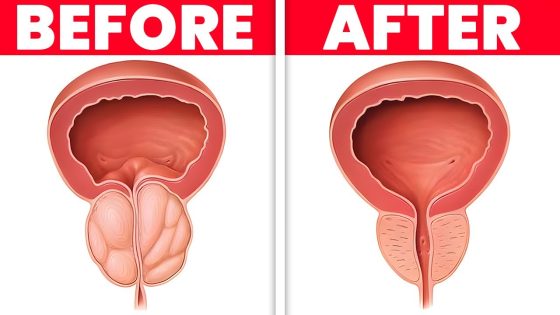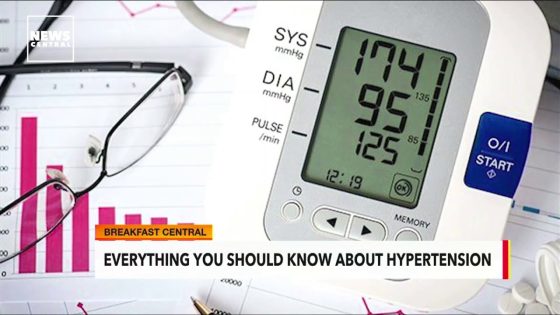Prostate enlargement Treatment (Naturally) | Benign Prostatic Hyperplasia | Enlarged Prostate Diet
BPH or Benign prostatic hyperplasia is a very common problem now a days. Roughly 50% of men over the age of 50 have an enlarged prostate and by the age of 80, nearly 90% of men will live with BPH or enlarged prostate.
There are some foods to reduce the symptoms and chances of having BPH. They even reduce the risk of having prostate cancer.
1. Zinc containing foods:
Zinc is very essential mineral for prostate health. According to Indian journal of urology men with either BPH or prostate cancer have lower levels of zinc in their bodies.
Add high zinc containing foods in your diet like Sesame seeds, almonds, adzuki beans, and pumpkin seeds
2. Lycopene containing fruits:
According to National cancer institute, Lycopene may lower the risk of developing prostate cancer and BPH. Studies also show that lycopene lower the prostate specific antigen (PSA) connected to prostate inflammation, BPH, and prostate cancer.
Lycopene is basically a red organic pigment with antioxidant property. It is commonly found in
tomatoes
watermelon
apricots
pink grapefruit and
papaya
3. Vitamin C containing vegetables:
Eat Vitamin C containing vegetables. According to the Mayo Clinic, vitamin C found in vegetables may play a role in fighting BPH.
Bell peppers contain a lot of vitamin C: One cup of raw bell peppers contains nearly 200 percent of your daily required intake of vitamin C. Other vegetables rich in vitamin C that you may include in your diet are:
broccoli
cauliflower
kale
Brussels sprouts
4. Avocados:
Avocados are rich in beta-sitosterol, a plant sterol thought to reduce symptoms associated with BPH. Some men taking beta-sitosterol supplements say they have better urinary flow and less residual urine volume.
Beta-sitosterol reduces prostate inflammation and improve urine flow in BPH. Other than Avocados, good source of Beta-sitosterol are:
Almonds
Canola oil and vegetable oils
Nuts, specially pistachios
Lentils and
Dark chocolate
5. Brazil nuts:
You can include Brazil nuts. It contains high level of selenium which is associated with reduced risk of prostate cancer.
Another interesting dietary supplements are garlic and onions. Studies show that increased consumption of garlic and onions is associated with reduced risk of BPH.
6. Omega 3 fatty acids:
You can also include omega 3 fatty acids, cruciferous vegetables, including broccoli, bok choy, cauliflower, Brussels sprouts, and cabbage. Vitamin D supplements are also helpful as it is associated with reduced risk of BPH.
#prostatehealth
#benignprostatichyperplasia
#prostateenlargement
Medical disclaimer: Medinaz Academy does not provide medical advice. The content available in our books and videos, on our website, or on our social media handles do not provide a diagnosis or other recommendation for treatment and are not a substitute for the professional judgment of a healthcare professional in diagnosis and treatment of any person or animal. We intend to provide educational information only. The determination of the need for medical services and the types of healthcare to be provided to a patient are decisions that should be made only by a physician or other licensed health care provider. Always seek the advice of a physician or other qualified healthcare provider with any questions you have regarding a medical condition.












Bcnnrl
2 months agolipitor 80mg without prescription buy lipitor generic atorvastatin 80mg us
Uqjyan
2 months agociprofloxacin 1000mg oral – where can i buy bactrim oral clavulanate
Uhqtvw
2 months agobuy generic cipro for sale – purchase bactrim pill augmentin order
Sfppiz
2 months agoorder ciplox for sale – cheap erythromycin 500mg order generic erythromycin
Bphwuy
2 months agovalacyclovir buy online – buy diltiazem no prescription order zovirax online
Viirya
2 months agoivermectin for human – order aczone gel sumycin 500mg cost
Htkslc
2 months agoflagyl online – where to buy cefaclor without a prescription order generic azithromycin
Ctnfer
2 months agowhere can i buy ampicillin cheap amoxicillin order amoxicillin for sale
Thmtsd
2 months agoorder lasix online – cheap prazosin 1mg order capoten 25 mg online
Be the first to comment